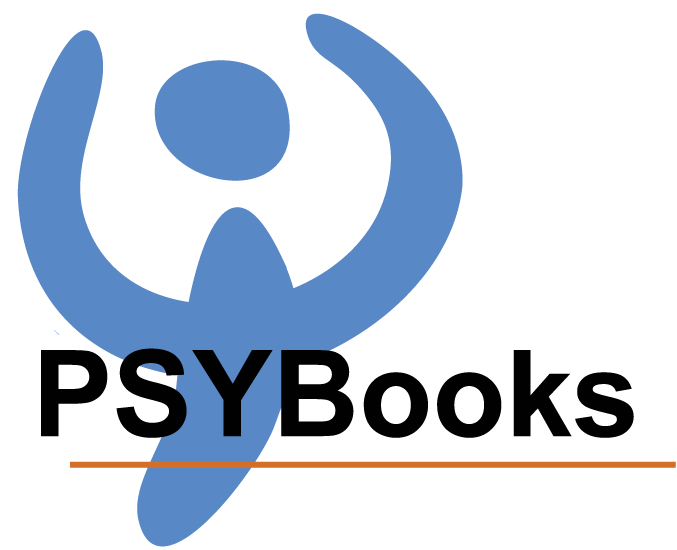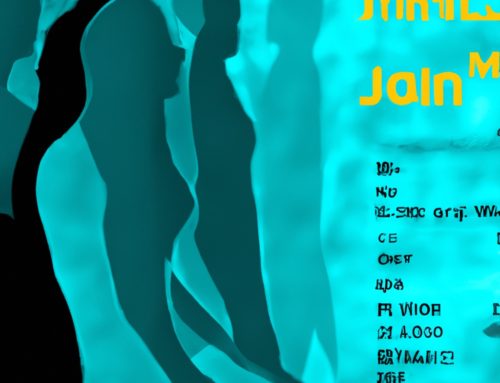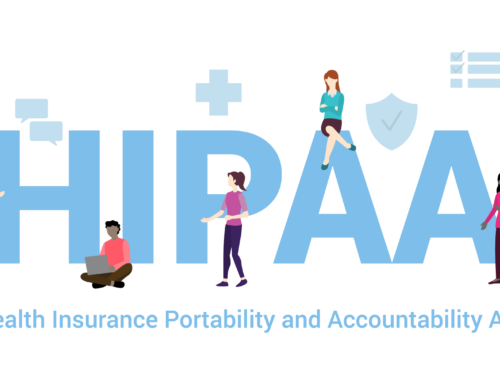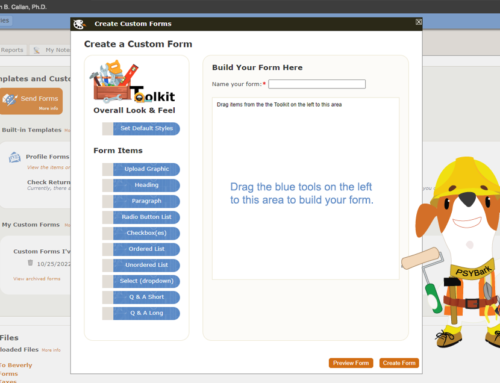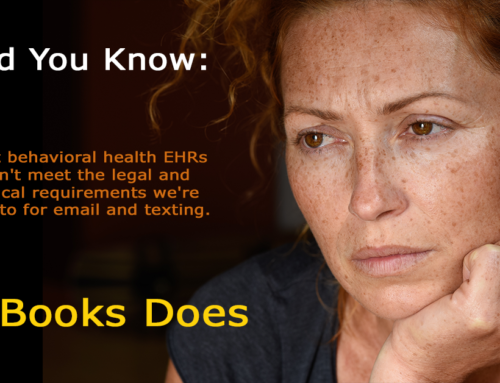The term “Open Notes Rule” is a popular term coined to depict the legislation enacted by the 21st Century Cures Act that is more accurately referred to as the ONC’s final program rule on Interoperability, Information Blocking, and ONC Health IT Certification (OpenNotes, 2020). It is a continuation of the legislation originally enacted as part of the HITECH act of 2009 to promote EHR interoperability (with the ultimate goal being a national database for healthcare information on all U.S. Citizens) and open access to records. The Open Notes Rule does NOT apply to PSYBooks users but there are some important things to understand about the current iteration of this legislation, partly in an attempt to help prepare us for what might be coming in the future.
Specifically, the Cures/Open Notes legislation requires certain EHR developers and the healthcare professionals who use those products to NOT block their clinical notes from patient access. Previously, we were required to provide a patient’s medical record upon request. Open Notes takes that a step farther by saying that after April 5, 2021 (projected start date), users of EHRs which are certified by the ONC must make ALL clinical notes in their EHRs available to patient access 24/7. After the enactment date, it will no longer be legal to only release notes upon request. Instead, healthcare professionals using certified EHRs must publish them in their patient portals so patients can access them whenever they want. Any notes we have designated as our personal psychotherapy notes are excluded from this requirement as long as they are stored separately. However, if your psychotherapy notes reference things like diagnosis, symptoms, functional status, treatment plans, prognosis, progress to date, session start and stop times, test results, the modalities and frequencies of treatment furnished, and medication prescription and monitoring they are considered medical record notes and thus cannot be blocked.
We may also exclude notes of any type that we feel may cause harm to the patient or others should the patient have access. However, the rule specifically states that psychological distress does not meet the definition of harm (Torous, 2020).
So why aren’t PSYBooks’ subscribers required to follow the mandates of the Open Notes Rule? It’s because PSYBooks has opted not to become a certified EHR. There are good reasons for this, as noted in the previous post titled “Why Do People Hate EHRs?” PSYBooks – and other similar behavioral health EHRs – have a consumer-driven focus on developing user-friendly products subscribers enjoy. We strive to build products healthcare providers DON’T hate, and that, in fact, make their lives easier. However, it could be a bit short-sighted of those of us in the behavioral health professions to think that we are immune from one day being mandated to use ONC-certified EHRs like our physical health colleagues have been. Such legislation has been attempted several times, with meaningful arguments as to why the behavioral health professions should be included. Although to date, those bills have not passed, it behooves us to be aware of things such as the Open Notes rule in case they COULD apply to us someday. The main take-aways are:
- Write all notes – both medical record and psychotherapy – as if your patient is standing over your shoulder.
- Begin NOW knowing what things can and cannot be included in a psychotherapy note to ensure that your psychotherapy notes would not be considered part of the medical record.
- Use your medical record to post facts – data – using phrases like, “Patient reported x.”
- Use psychotherapy notes to record details of what was discussed in the session that you want to remember. For example, someone viewing the medical record may not need to know intimate details about the patient’s history, but you may want to keep that information in your personal notes so you can refer back to it.
- Notes should be clear and concise but this doesn’t mean they can’t also be written with sensitivity. We should view our notes as one more way to possibly support our patients – not as our personal venting space for any frustrations we may be having with them.
Some have asked what would happen if behavioral health providers were one day required to use ONC-Certified EHRs? The short answer is that PSYBooks would take the necessary steps to become certified. However, should that day come, it is hoped that legislators involved in writing the laws will take note from PSYBooks and other similar products that it really IS possible to create EHRs that are user-friendly and that providers DON’T hate, while meeting all necessary legal requirements. The goal at PSYBooks has always been – and will continue to be – to provide a product you enjoy using.
OpenNotes. (2020, December 8.) Federal Rules Mandating Open Notes. https://www.opennotes.org/onc-federal-rule/
Torous, J. (2020, October 19.) Opening Mental Health Notes: 7 Tips to Prepare Clinicians. Psychology Today. https://www.psychologytoday.com/us/blog/digital-mental-health/202010/opening-mental-health-notes-7-tips-prepare-clinicians
